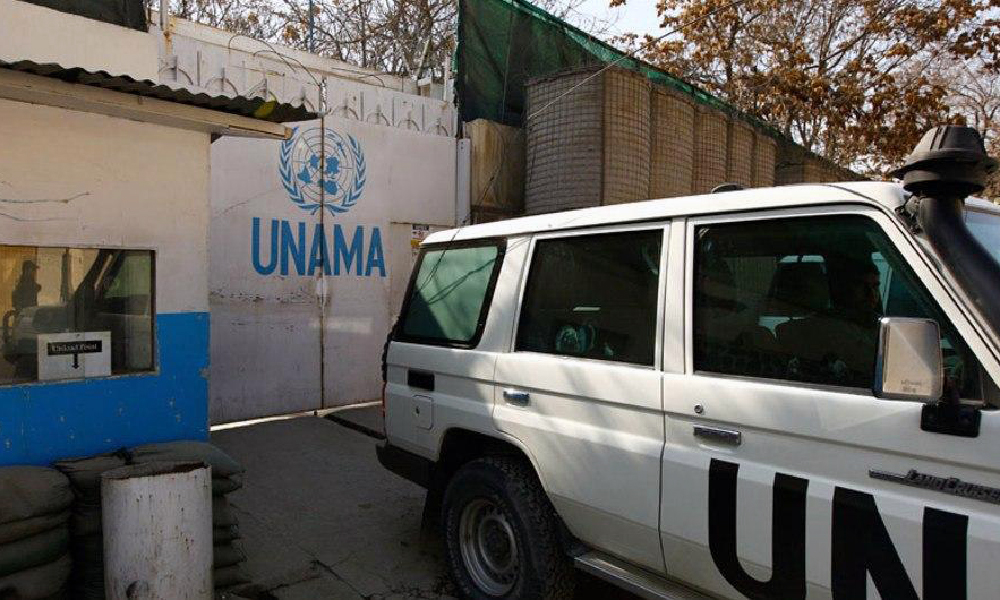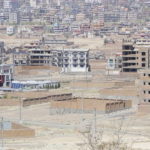The UN Assistance Mission in Afghanistan (UNAMA) called on the Islamic Emirate of Afghanistan (IEA) to urgently take steps to establish a stronger legal aid framework, and to stop torture of detainees.
In a report issued on Wednesday, UNAMA said it has documented more than 1,600 cases of human rights violations committed by authorities in Afghanistan during arrests and detentions of people, and urged the IEA to stop torture and protect the rights of detainees.
Nearly 50% of the violations consisted of “torture and other cruel, inhuman and degrading treatment,” the report stated.
The report by the mission’s Human Rights Service covered 19 months — from January 2022 until the end of July 2023 — with cases documented across 29 of Afghanistan’s 34 provinces. It said 11% of the cases involved women.
UNAMA said the torture aimed at extracting confessions and other information included beatings, suffocation, suspension from the ceiling and electric shocks.
UN High Commissioner for Human Rights Volker Türk said in a statement issued with the report that “the personal accounts of beatings, electric shocks, water torture, and numerous other forms of cruel and degrading treatment, along with threats made against individuals and their families, are harrowing.”
“This report suggests that torture is also used as a tool — in lieu of effective investigations. I urge all concerned de facto authorities to put in place concrete measures to halt these abuses and hold perpetrators accountable,” he said.
UNAMA did however acknowledge some steps taken by the IEA to monitor places of detention and investigate allegations of abuse.
“Although there have been some encouraging signs in terms of leadership directives as well as an openness among many de facto officials to engage constructively with UNAMA, and allow visits to prisons, these documented cases highlight the need for urgent, accelerated action by all,” Roza Otunbayeva, the UN secretary-general’s special representative for Afghanistan and head of the mission, said in a statement.
The report said of the torture and other degrading treatment that 259 instances involved physical suffering and 207 involved mental suffering.
UNAMA said it believes that ill-treatment of individuals in custody is widely underreported and that the figures in the report represent only a snapshot of violations of people in detention across Afghanistan.
The report said 44% of the interviewees were civilians with no particular affiliation, 21% were former government or security personnel, 16% were members of civic organizations or human rights groups, 9% were members of armed groups and 8% were journalists and media workers. The remainder were “family members of persons of interest.”
In a response included in the report, the IEA’s Foreign Ministry said government agencies have taken steps to improve the human rights situation of detainees, and that Islamic law, or Shariah, prohibits torture.
The ministry however questioned some of the report’s data. The Ministry of Interior said it has identified only 21 cases of human rights violations.
The IEA stated that the Office of Prison Administration is an independent civil organ that has been established to keep and
protect detainees. The office is “fully aware” of the importance of “the Islamic and human rights of detainees, is focused on respecting the rights of detainees and preventing violation of their basic rights.”
“Hence, the Office of Prison Administration has no role in the persecution and torture of individuals aimed at obtaining forced confessions. It is evident that managing detention centers in most countries is a challenging task and entails dissatisfaction, protests, and riots. So, adopting disciplinary measures is sometimes inevitable. But this administration has never allowed prison officials to torture or physically deal with prisoners.”













